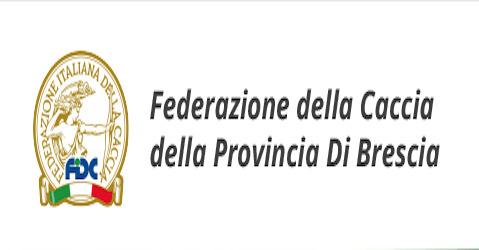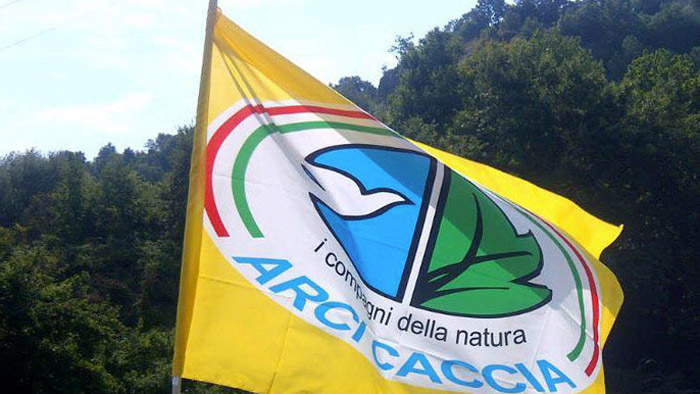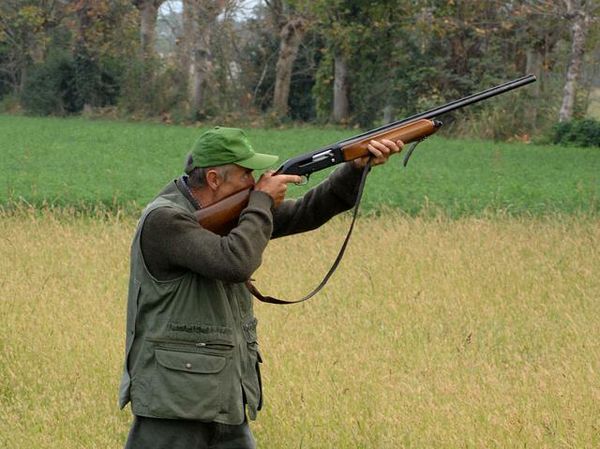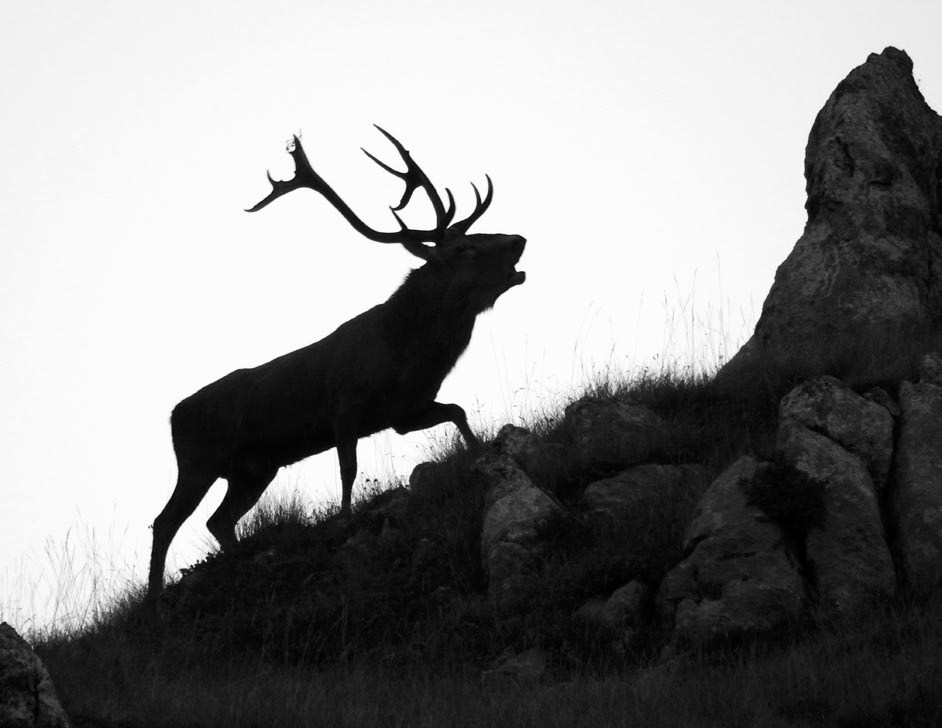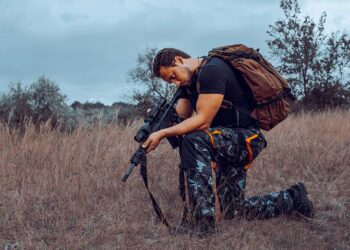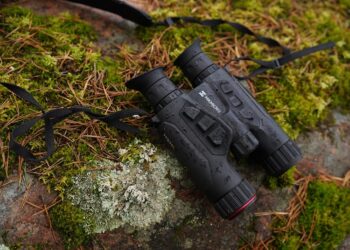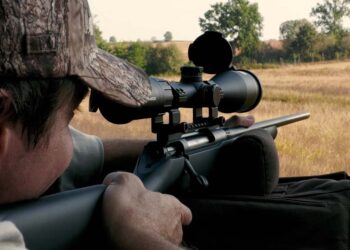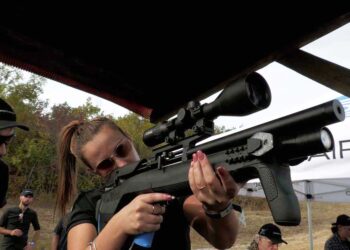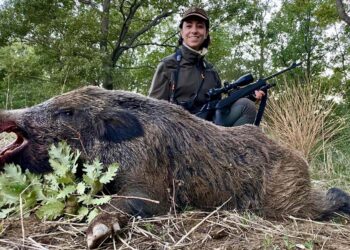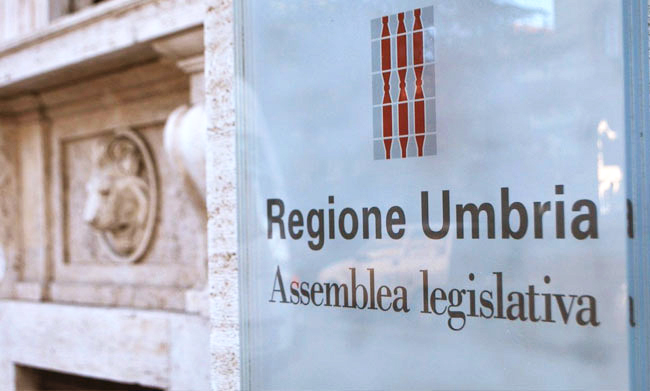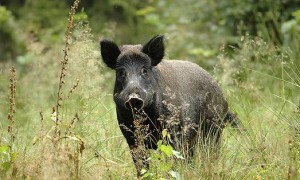
Surveillance actions: The hunter, if properly trained, is the figure in modern society who frequents nature most, aware of animals and their habits. He is therefore the one who has the possibility of evaluating the behavior of animals and is therefore the only figure able to establish the presence of situations that can be linked to the presence of diseases. The role of the hunter is also important during the phases following the killing: in particular during evisceration he can evaluate the presence of alterations in the normal anatomical characteristics of the internal organs and take biological samples if necessary. Another fundamental and effective contribution, economic and feasible by all hunters is the so-called “passive surveillance”, that is to say the recovery of the carcasses of dead animals found in the area and the transfer of these to the relevant health authorities.
African swine fever
The disease: African swine fever is a viral disease of pigs and wild boars for which there is no vaccine or cure. The presence of the disease in a territory, both in wild boar and in pigs, has devastating economic consequences in the countries where it is widespread, considering the trade restrictions imposed by Community regulations and the constraints imposed by third countries. The virus is extremely resistant by remaining infectious for 6 months in the carcass of a dead animal.
Transmission and dissemination: Man is not sensitive to disease. Pigs and wild boars usually get infected through:
• Ingestion of meat or meat products from infected animals (kitchen waste, infected offal left on the territory after hunting);
• Contact with infected animals;
• Contact with any object contaminated by the virus (eg clothing, vehicles)
The human factor, or the illegal marketing of meat from infected countries or from the rural supply chain, always from infected countries, is the greatest risk of spreading the disease in the long term. The movement of infected animals (natural for wild boar, illegally moved for pigs) from infected countries is the greatest risk of short-range spread.
European situation: the following countries test positive for African Swine Fever following the introduction from Eastern Europe: Estonia, Latvia, Lithuania, Poland, Romania, Hungary, Bulgaria, Czech Republic, Belgium. The disease in these countries is present in both wild boars and domestic pigs with the exception of Belgium and the Czech Republic, where the disease is present only in wild boars at the moment.
Role of hunters: in terms of prevention and early warning, the only method of rapid detection of the virus in an area is passive surveillance, i.e. the reporting of abnormal behavior by wild boars or the discovery of dead animals in the area.
Lombardy region (First Italian region) has already adopted a regional plan for the monitoring and health control of wildlife since 2012 (Ddg 5 December 2012 - n. 11358) and almost all wild boars killed during hunting are sampled and subjected to analysis, including for swine fever. The results of the wildlife monitoring and health control activities are available at the link:
The role of hunters is still fundamental even during the epidemic phase, as shown in the European countries affected by this catastrophe: they act by selectively killing the wild boars in order to reduce their number and contain the epidemic, they monitor the territory to identify and collect any carcasses of animals found dead. In fact, properly trained hunters manage the epidemic in collaboration with the health authorities.
As expected by the European Commission, information campaigns should be implemented towards the various stakeholders also in peacetime, in particular towards hunters, breeders and veterinarians by informing, educating and motivating all stakeholders in order to improve surveillance and attention to avoid the appearance of illness. This appeal was accepted by the Lombardy Region, which has prepared a specific brochure.
The role of environmental sentinel formally attributed to hunters throughout Europe, it is recognized only during an emergency, without in any way considering this part of society during times of "peace" or in states not yet infected. The hunter is a member of civil society, he is not a poacher, who not only performs this concession in compliance with the rules and paying the relative permits, but becomes an indispensable (voluntary) operational support in managing the fauna and related diseases. This must be recognized in order to have this personnel available in an emergency.





